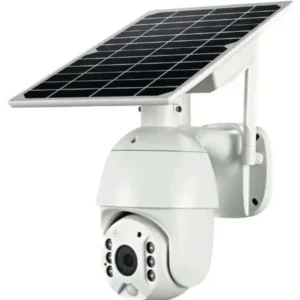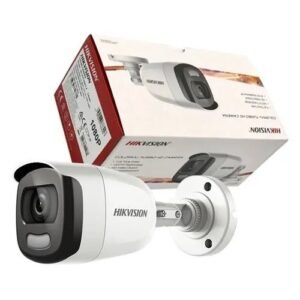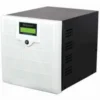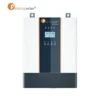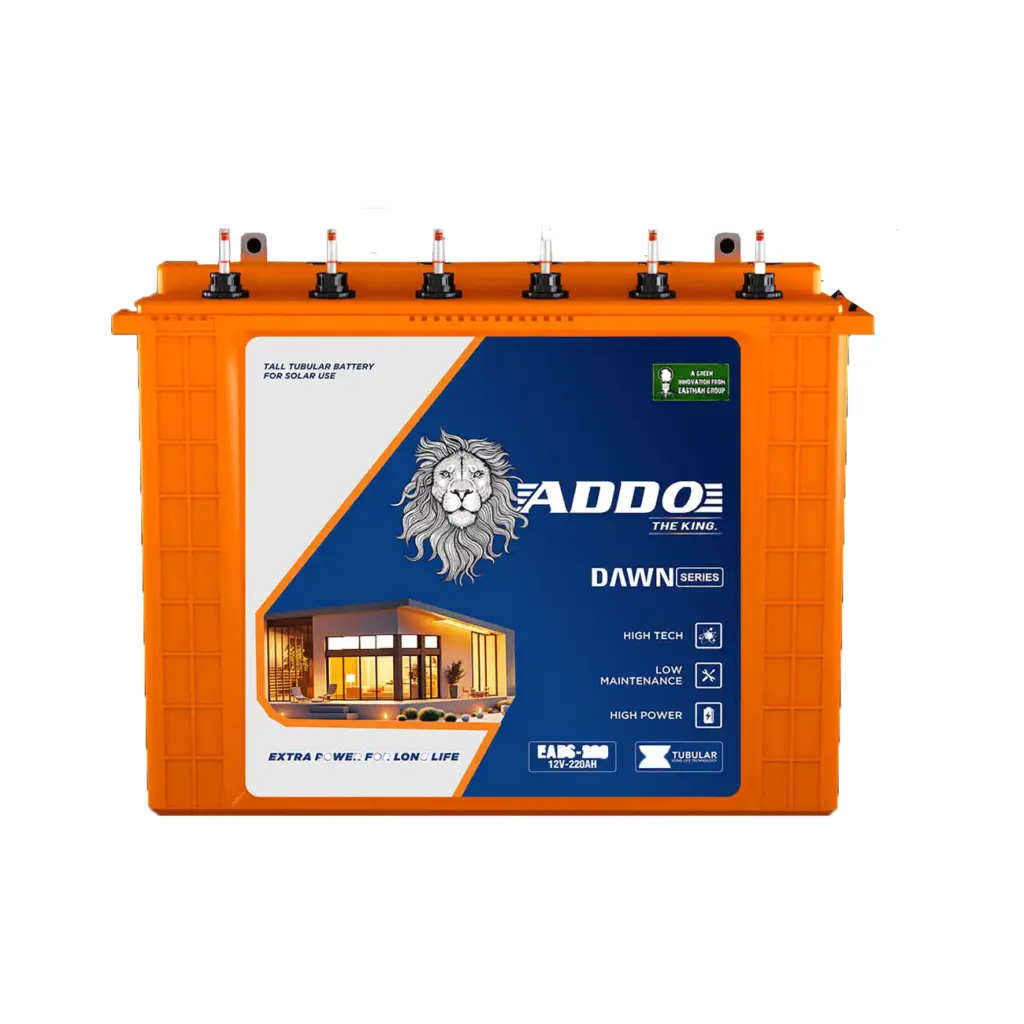
Power Up Your Home with Reliable Tubular Batteries! Call O8O62991395 for Sales & Installation.
Understanding Inverter Batteries
Inverter batteries are crucial components of an uninterrupted power supply (UPS) system. They store electrical energy and provide it during power outages, ensuring a seamless transition from the main power source to the backup inverter system. Several types of inverter batteries are available, each with its own set of benefits.
Flat Plate Batteries
Flat plate batteries are one of the most common types of inverter batteries. They consist of lead-acid cells and are known for their affordability. The internal structure features flat lead plates submerged in an electrolyte solution. These batteries are relatively easy to maintain and are suitable for smaller inverter setups. However, they have a shorter lifespan compared to other battery types and may require more frequent replacements in the long run.
Applications: Flat plate batteries are suitable for small-scale residential inverter systems with low to moderate power requirements.
Tubular Batteries
Tubular batteries are considered one of the best choices for inverter systems in Nigeria. Their internal structure features tubular positive plates that are more robust and long-lasting than flat plates. This design enhances the overall lifespan of the battery. Tubular batteries are known for their deep cycling capability, making them ideal for areas with frequent power outages.
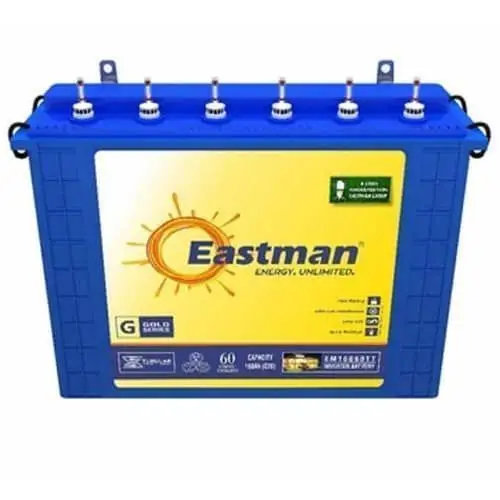
Eastmant Tubular battery is another reliable battery within the Nigeria market send us a mail at stanley@starnify.com for sales & installation,
Applications: Tubular batteries are suitable for both residential and commercial applications with moderate to high power requirements. 220Ah tubular batteries are a reliable choice for locations with inconsistent power supply.
Gel Batteries
Gel batteries utilize a gel electrolyte, which is a semi-solid substance. This feature eliminates the possibility of acid leakage, making them safer and more environmentally friendly. They are also maintenance-free and have a longer service life compared to flat plate batteries. However, they are more expensive when compared to flat plate batteries and have a lower discharge rate.
Applications: Gel batteries are suitable for places where maintenance is a challenge, such as remote areas, and for applications where safety and environmental concerns are a priority.
AGM (Absorbent Glass Mat) Batteries
AGM batteries are another maintenance-free option. They use a fiberglass mat to contain the electrolyte, enhancing their resistance to vibration and shock. AGM batteries are known for their high discharge rates and are suitable for applications that require quick bursts of power.
Applications: AGM batteries are commonly used in backup power systems for critical applications, such as hospitals and data centers.
Lithium-ion Batteries
Lithium-ion batteries are relatively newer in the inverter battery market. They are known for their high energy density, longer cycle life, and compact size. However, they are more expensive than traditional lead-acid batteries.

With Lithium Ion battery enjoy uninterrupted power supply for a very long time mail us today at stanley@starnify.com for sales & installation
Applications: Lithium-ion batteries are suitable for high-end inverter systems and are gaining popularity in residential and commercial applications that require reliable and compact power solutions.
